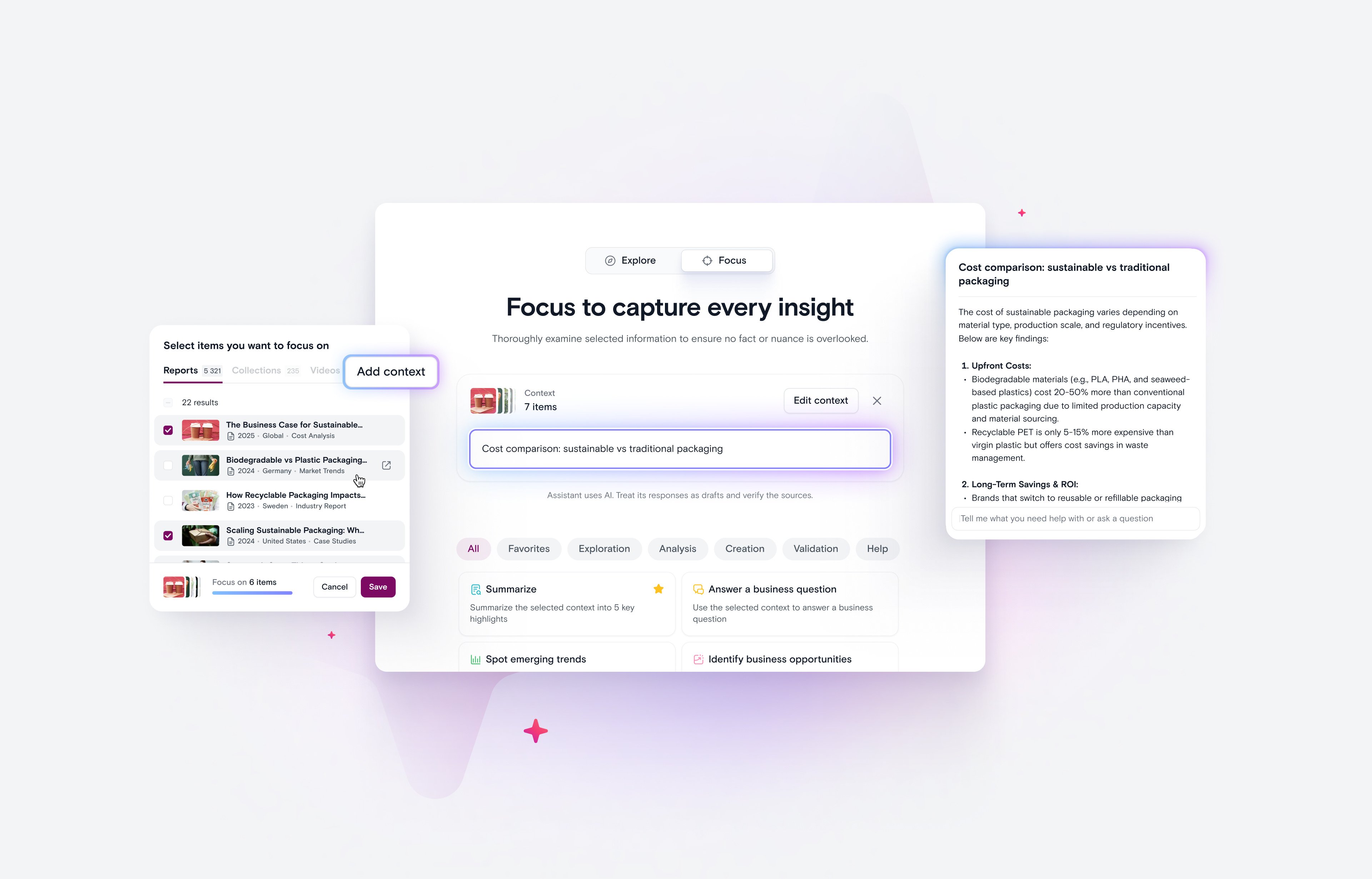Should You Buy or Build GenAI Solutions?

When it comes to GenAI, it’s no longer a matter of ‘if’ but ‘how’ companies should use it to their greatest advantage.
A report by Gartner found more than 80 per cent of enterprises will have deployed generative AI (GenAI) APIs or GenAI-enabled applications by 2026. And with the need for GenAI no longer in doubt, the question becomes whether you should buy a ready-made product, develop one yourself, or leverage a combination of both approaches.
With the stakes so high it can be helpful to ask yourself, what problems do you want this GenAI solution to solve? What are your budget and staffing resources? What is the scope of the project’s lifespan? Does it need to be altered or enhanced in the future?
Once you’ve answered these questions, you can begin to make an informed choice about how to proceed. But each option has its own pros and cons which must first be taken into account.
Building a GenAI solution
One option is building a GenAI solution in-house. Depending on the scale and scope of a simple GenAI, the cost of building an in-house solution can vary wildly. Some estimates place the cost of developing an extremely basic GenAI application with minimal features between $40,000 and $100,000. However, the more features, the higher the cost, and top-notch designs can come in at between $100,000 and $400,000 or more. This is just for starters too; once the initial build is out of the way, the requirement for continuous maintenance can send costs soaring higher.
Another issue to consider is access to the right components. Market demand has seen bottlenecks in GPUs which in turn has driven up prices. There is also staffing to consider, as well as the sheer number of person-hours needed to develop, test, and maintain in-house GenAI. Everyone involved risks being taken away from their ‘day jobs’ as they’re assigned to this demanding and likely very time-consuming project.
Obsolescence is also important to consider. The GenAI industry has been likened to a modern ‘arms race’, so whatever is new now will be outdated next year, or even sooner. Building an AI solution internally will not be an open and shut project. The final system will have to be continuously upgraded in order for it to keep pace with other GenAI solutions on the market.
The primary benefit with this approach is that you can, in theory, get a GenAI product that gives you everything you require. One caveat is that your internal team developing it will be software professionals and not necessarily experts in your business as a whole. This can present challenges around connecting the new software with the rest of your business’ teams and day-to-day functions.
Buying a GenAI solution
If you’re concerned about the resources required to build and maintain a GenAI solution, then buying one could be a better fit. The commercial generative AI industry is booming, with companies producing ever-advancing technology that can be used for a wide variety of business operations - from gleaning insights from business intelligence, to automating marketing and customer service operations. For example, GenAI can be deployed to support insights teams by synthesizing large volumes of data and providing actionable insights to inform decision-making.
When it comes to buying off the shelf, there is more choice than ever before, and the benefits of doing so are simple to identify. Everything is available in one package, all ready to go. There will usually be support from the supplier, and the cost of having in-house teams deviate from their day jobs is not an issue. There is also the added benefit of knowing that the vendor delivering the paid-for solution is staffed by experts, working on the cutting edge of the industry.
[Learn more about how to approach GenAI when shopping for a knowledge management solution]
Obsolescence is also less of a concern here. The GenAI you’ve acquired will be supported and maintained, with experts keeping track of industry developments so you don’t have to. This enables you to focus instead on your core business without having to be concerned about falling behind your competitors, and having to deploy your own in-house staff once again to make upgrades.
The potential drawbacks are that there may be aspects of the GenAI solution that you don’t need. It may have too many features, or perhaps not enough. This is why it’s vital to select the right vendor and the right product for the use cases that are relevant to your business.
The hybrid approach
While some organizations may find it easier and more cost-effective to buy a pre-built GenAI solution, others may have the skills and resources already within their company to build something custom-made. But if your organization’s needs don’t fall cleanly into either category, a hybrid approach could be the best path forward. For example, you could choose to develop in-house GenAI solutions for needs which are unique to your organization, while also solving more standard use cases with off-the-shelf GenAI products.
How to find the perfect fit
It’s important to recognize that GenAI is a technology and not a product. It is the engine under the hood of the car, but not all cars are suited to the same terrain.
In order to reap the benefits of GenAI, it needs to be leveraged correctly. What that looks like will vary from company to company; there is no one-size-fits-all answer. For some companies it makes more sense to build, while others will find it easier to buy – and others may find a hybrid approach suits them best.
To determine the right path for your organization, ask yourself:
- What problems are you trying to solve?
- What kind of resources (both financial and human) can be devoted to this project now and in the future?
- How can you align what technology is already available out there with your own, specific business requirements?
Answering these questions can help set you on the right path and ensure that your organization is able to take advantage of the GenAI business revolution.
Related Content

Stravito Enhances GenAI Assistant to Accelerate Time-to-Insight
Charlotte Hilton Mar 20, 2025

